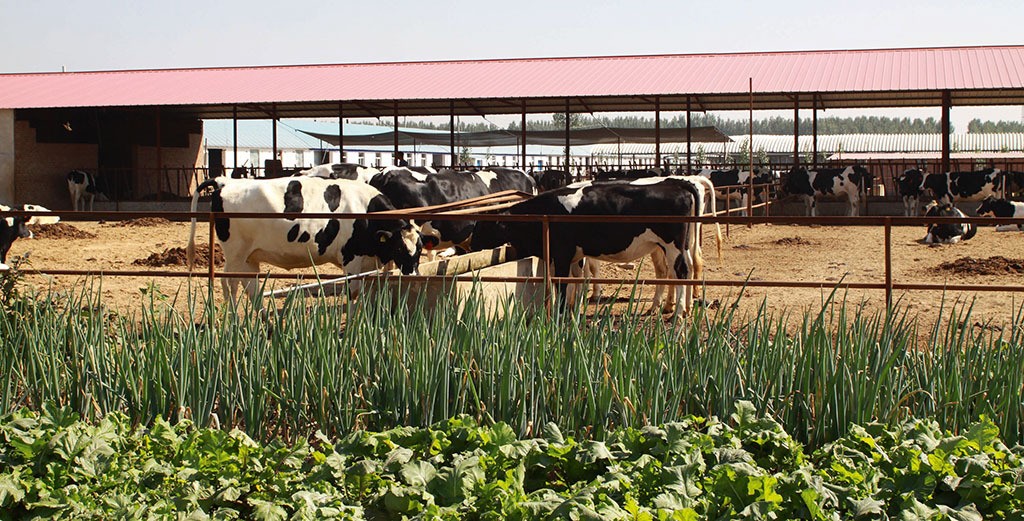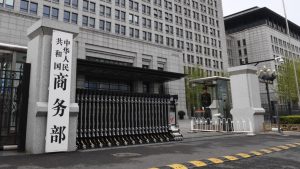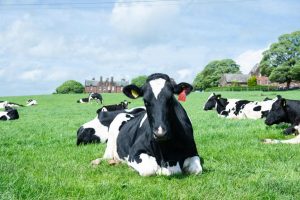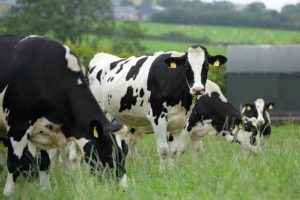
Sandy Chen, senior dairy analyst at the bank, said just a 1 per cent decrease in annual total dairy demand would lead to a 11 per cent decline in dairy imports, our sensitivity analysis shows.
Mr Chen said: “A five per cent year-on-year reduction in total dairy demand would lead to dairy imports falling 25 per cent in 2020.”
Restrictions on movement was hitting demand in food service outlets and the distribution of goods, with reports showing restocking was not taking place.
“This is causing disruptions to inter-provincial logistics around China and even within provinces, affecting raw milk shipments in various regions,” he added.
“Small and medium-sized farms appear to be more impacted than large farms, leading to some milk dumping.”
Mr Chen said the downturn in Chinese dairy demand could prompt a global shift away from the production of cheese, butter and cream into whole milk powder, increasing global supply of the commodity and reducing values.
Meanwhile, restocking of the Chinese pig industry following the African swine fever outbreak was continuing but at a slower pace than previously expected.
“Currently, restocking efforts are still ongoing and are largely being driven by large companies,” Chenjun Pan of Rabobank told Farmers Guardian’s sister news service Feedinfo.
“The amount of damage to the industry really depends on how long the coronavirus spread can be contained.
“If the turning point could be hit in the next few days, then I would say the impact on the pork industry could still be quite limited.
“But if the virus continues to spread and impact the country in the next month, even until April, then I would say that the impact could be quite significant.”

























